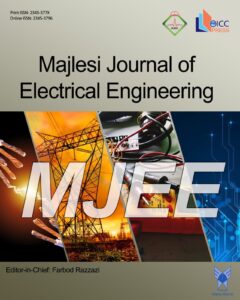Capability-Driven Framework to Automate Discovery of Bounded Contexts in Large-Scale Requirements Engineering: A Smart Home Case study
Authors
Abstract
Large scale requirement engineering needs automated precise and efficient capability modeling and analyzing methods formally to interoperate with the evolving and goal driven requirements. The proposed capability driven requirement engineering framework presents a two-layer framework for the automation of requirements engineering. In the first layer, a meta-model is proposed to define a fault-free model instantiating of the requirements model, and thereby ensuring consistency in the process of requirement execution and in the second layer the analysis algorithms are provided for discovering and querying the boundaries and capabilities of the system at the abstract level. The proposed capability driven requirement framework provides the ability to specify, decomposition, and identification of the requirement traces to execute the activities in terms of available capacities and resources. We also provide the applicability of the approach from various points of view including quality and stability of bounded contexts, average precision and query assessment. As a running example, we highlight the essential role of electrical features in achieving seamless integration and operation, encompassing power distribution, automation systems, energy efficiency and safety measures. The proposed capability-driven requirement framework is crucial for effective smart home engineering in this context. The proposed structured, formal description of software requirement capabilities may increase the precision and recall of module discovery mechanisms for large-scale software engineering.



